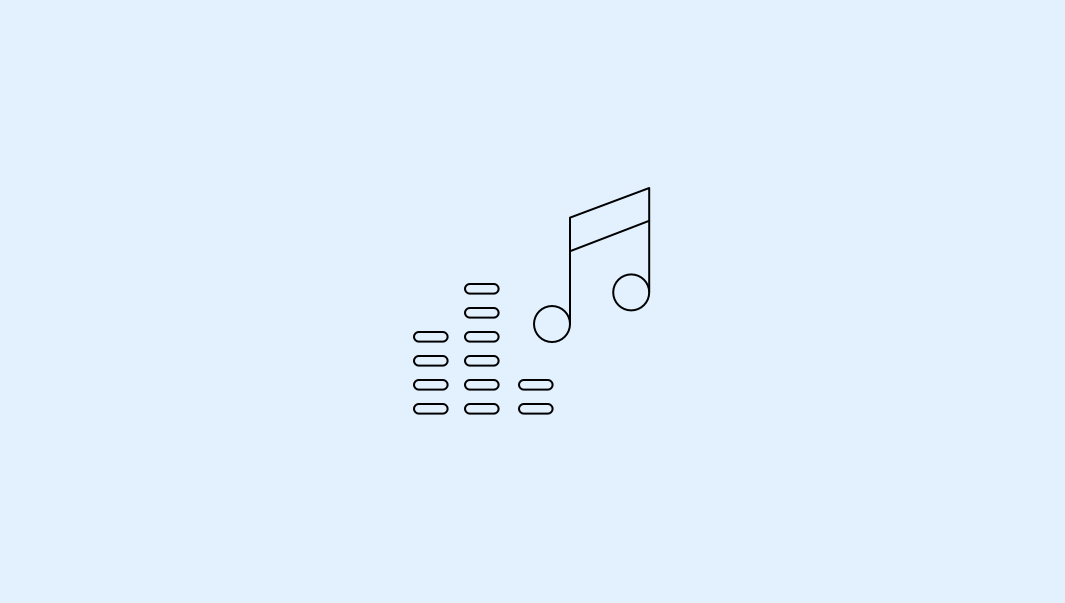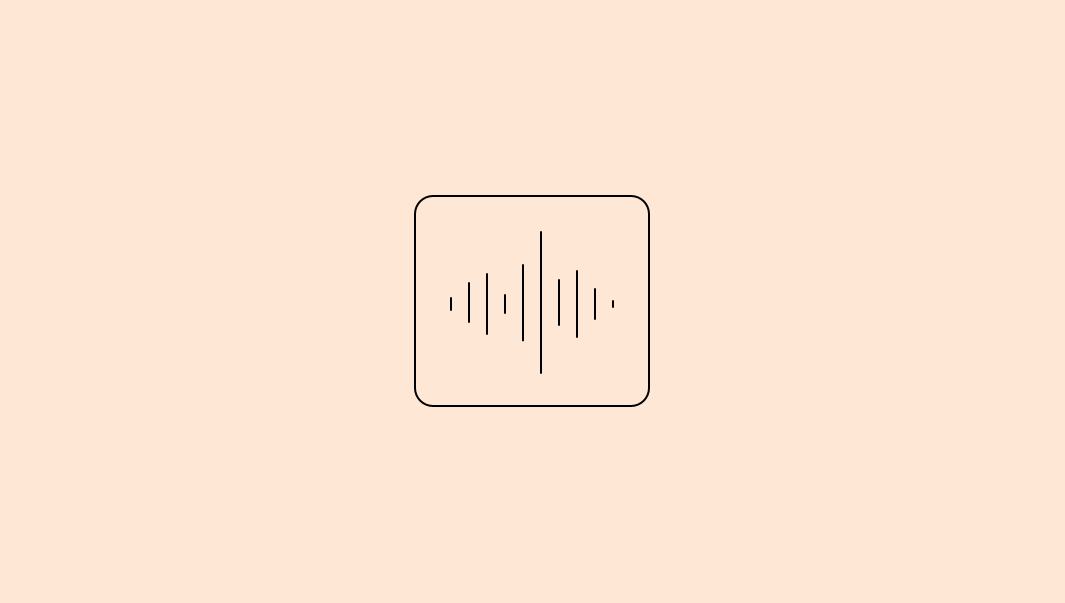My cart 0
Our online theory exams make it easy for learners to achieve their theory goals. Four theory syllabuses are available: Theory of Music, Musicianship, Music Craft and Rockschool Popular Music Theory. Most of these are accessible through our online theory platform on SCORE. Simply enrol and gain immediate access to 12 months of practice exams. Our teacher guidelines will give you some insight into examiner expectations and assessment.
Benefits of Theory Exams
- Set achievable stretch goals
- Encourage the development of a broader range of skills
- Genre identification
- Support your understanding of your practical craft
- Recognise achievement
Choose your interest
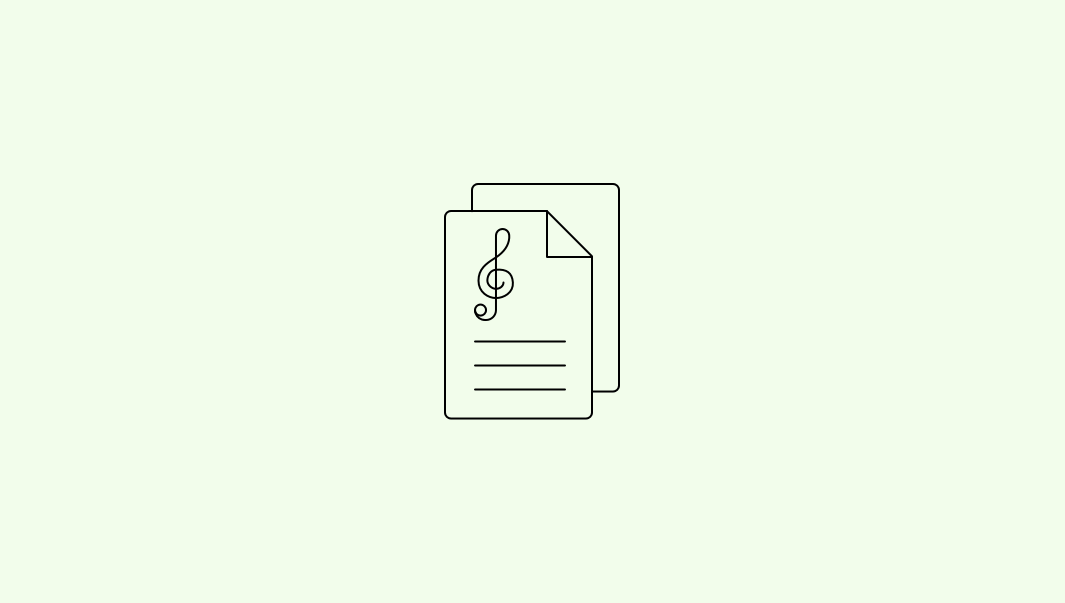
Focus more on the creative aspects of Music Theory, without the aural component.
Focus areas:
- Terms and signs
- Keys and scales
- Time and Rhythm
- Pitch, tonality, and intervals
- Chords and harmony
- Transposition, modulation and creative work
- Analysis of set works
- History and general knowledge
- Preliminary to Diploma levels
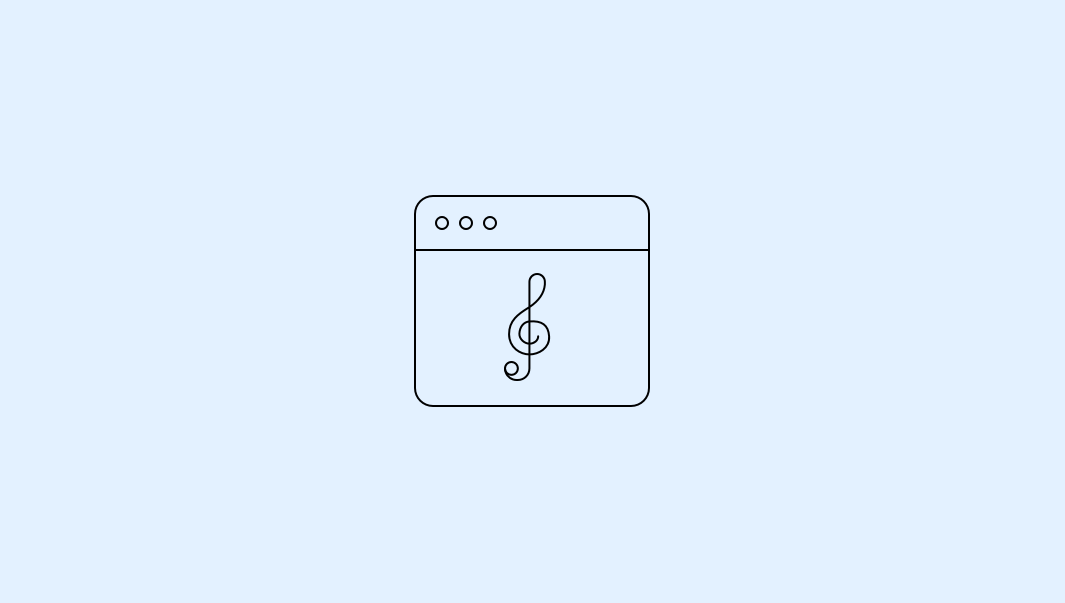
Focuses more on the creative aspects of Music Theory, with the aural component after Grade 4.
Focus areas:
- Keys and Scales
- Pitch and tonality
- Chords and intervals
- Terms and Signs
- Transposition, modulation and creative work
- Analysis of set works and scores
- Rhythmic Invention and counterpoint
- Preliminary to Diploma levels
- Both aural and written components

Music Craft is an alternative pathway to learn the theoretical and aural aspects of music, which are introduced right from the start. Note, online exams are available from Preliminary to Grade 4 only.
Focus areas:
- Terms and Signs
- Pitch, keys and scales
- Chords and cadences
- Intervals
- Rhythm and metre
- Form and instrumentation
- Harmony, voice leading, and counterpoint
- From Preliminary to Grade 6
- Both aural and written components
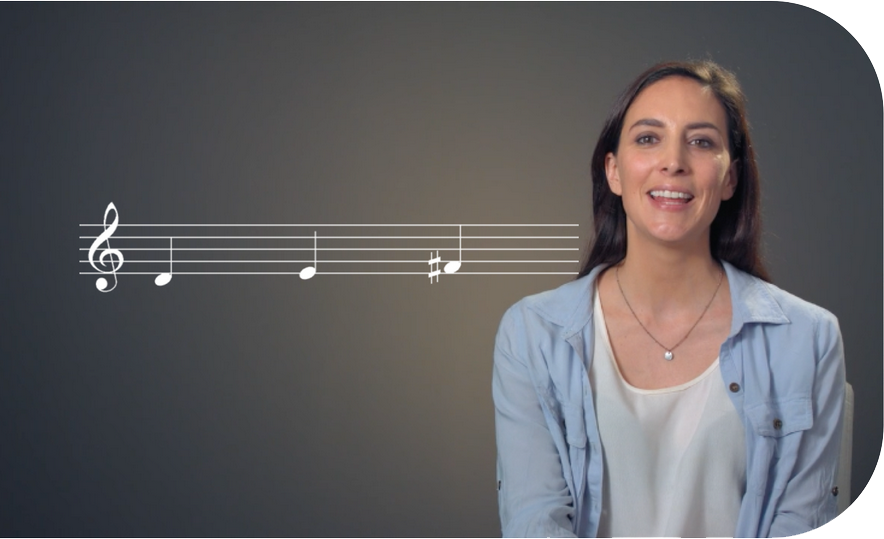
Class Theory Exam enrolments for teachers
As a classroom or theory teacher, you may want to incorporate online exams into your school assessment or work with your students in a group. You can enrol multiple students in bulk for a class exam. When exam time comes around, they’ll all see the exact same set of questions, helping you with a uniform assessment across your cohort.
Enrol nowFAQs – Online Theory
What does an Online Theory Exam get me?
Just like the old paper-based exams, the online version is an exam to assess the full qualification of the grade and syllabus. Your exam purchase includes the exam itself, as well as unlimited, free practice exams until the official exam is taken or it expires. Upon completion of the exam, you’ll also receive a report that provides marks on each exam area and some feedback for some of the more complex questions. Candidates who successfully complete their exam also receive a certificate to recognise and celebrate their new qualification.
What's a Class Exam?
Class exams are intended for classes using online exams as part of their school assessment. If you select class exam at the point of enrolment, every exam in the class will have the exact same questions, rather than randomised questions. This allows for uniform assessment in a classroom scenario. Class exams also require the Enroller (usually the teacher) to authorise each candidate to start the exam, whether they’re the supervisor or not.
Teachers can either authorise all candidates to start the exam at the same time, or pre-approve students to allow them to take their exam at home under parent/guardian supervision.
What are the system requirements for the online theory software?
- Internet connection
- 2GB or greater RAM on your device
- Screen size (all devices) 4” or larger
- Works with most browsers (eg Google Chrome, Firefox, Microsoft Edge, Safari), except Internet Explorer.
Compatible with the following device types:
- Desktop: Windows PC or Macintosh
- Tablet: Apple iPad (iOS 12 or later) or Android
- Smartphone: Apple iPhone (iOS 12 or later) or Android
- Chromebook
Where will you take your theory exam?
Music Craft is an alternative pathway to learn the theoretical and aural aspects of music, which are introduced right from the start. Note, online exams are available from Preliminary to Grade 4 only.
Focus areas:
- Terms and Signs
- Pitch, keys and scales
- Chords and cadences
- Intervals
- Rhythm and metre
- Form and instrumentation
- Harmony, voice leading, and counterpoint
- From Preliminary to Grade 6
- Both aural and written components
View Syllabus PDF




